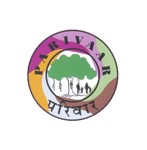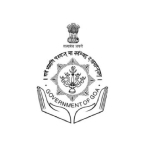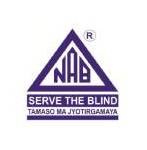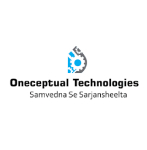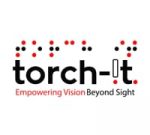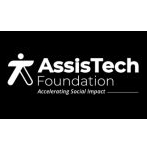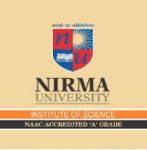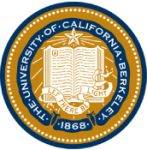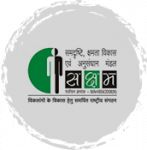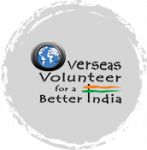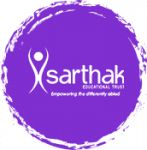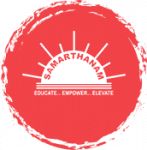
On September 22, 2023, the Supreme Court of India created a historic moment by allowing a sign language interpreter to appear in court for a deaf lawyer. This was the first time that a sign language interpreter had been permitted to participate in the Supreme Court’s proceedings.
The deaf lawyer in question is Sarah Sunny, a young advocate who was arguing a case concerning the rights of persons with disabilities (PwDs). Sunny was accompanied by her sign language interpreter, Saurav Roychowdhury.
Initially, the moderator for the virtual courtroom resisted the idea of allowing the interpreter to keep his video turned on for the entire duration of the proceedings. However, Sunny’s advocate-on-record, Sanchita Ain, persisted, and the Chief Justice of India, DY Chandrachud, ultimately intervened to allow the interpreter to remain logged in.
The presence of the sign language interpreter in the Supreme Court sparked important conversations about accessibility and the need to ensure that PwDs have equal access to justice. Sunny’s case was a significant victory for the deaf community and for all PwDs in India.
Implications of the Supreme Court’s decision
The Supreme Court’s decision to allow a sign language interpreter to appear in court for a deaf lawyer is a landmark ruling that has several important implications.
First, it sends a strong message that the Supreme Court is committed to ensuring accessibility and equal justice for all, including PwDs. This is a significant step forward in the fight for the rights of PwDs in India.
Second, the decision sets a precedent for other courts in India to follow. This means that deaf lawyers and other PwDs will now be able to participate more fully in the judicial process, regardless of which court they are appearing in.
Third, the decision raises awareness about the importance of sign language and the need for sign language interpreters in a variety of settings, including courtrooms. This could lead to increased demand for sign language interpreters and more opportunities for deaf people to participate in society.




